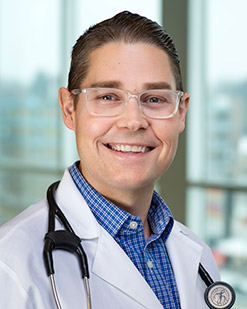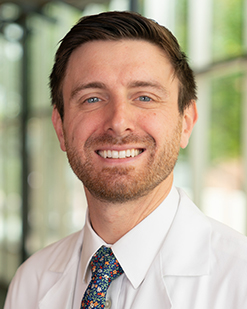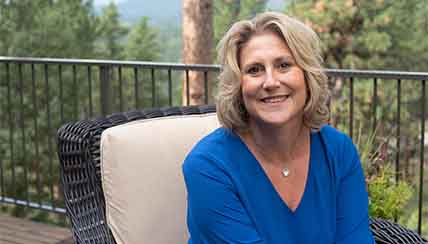Medical Surveillance Program
303.398.1622
The Division of Environmental and Occupational Health Sciences has been providing comprehensive medical surveillance services to employers and government agencies for over 25 years. Our staff of professionals includes: board-certified pulmonologists, allergists, occupational/environmental medicine physicians, radiologists (NIOSH certified B-readers), certified physician assistants, epidemiologists, clinic coordinators, occupational health nurses and medical assistants.
National Jewish Health has state-of-the-art, fully accredited facilities for medical imaging, medical testing, and clinical laboratory testing. We offer standard medical surveillance examinations consistent with applicable OSHA standards. We specialize in the design of customized medical surveillance programs to meet the needs of employers and workers with unique exposures and/or in hazardous environments.
Standard Medical Surveillance Services
Medical clearance for respirator use (OSHA Respiratory Protection Standard, 29 CFR 1910.134)
Asbestos examinations (OSHA Asbestos Standard, 29 CFR 1910.1001)
Hazardous materials (Hazmat) examinations (OSHA Hazardous Waste Operations Standard, 29 CFR 1910.120)
Hearing examinations (OSHA Noise and Hearing Conservation Standard, 29CFR 1910.95)
Respirator fit testing (qualitative and quantitative)
Services Offered for Customized Medical Surveillance Packages
We also provide customized services to meet the needs of the employer and workers with specialized job requirements and/or unique environmental hazards. while remaining in compliance with applicable OSHA standards and medical surveillance guidelines. Customized medical surveillance packages can include some or all of the following:
- History review and physical examination (performed by board-certified physician)
- Breathing test (ATS - compliant spirometry performed by NIOSH certified technicians)
- Hearing test (OSHA- compliant audiogram performed by CAOHC certified technicians)
- Laboratory testing
- Comprehensive blood and urine testing
- Testing for metals
- Beryllium lymphocyte proliferation test (BeLPT)
- Vision testing
- Chest X-ray (interpretation by board-certified radiologists with B-reading if needed)
- Exercise stress testing with pulse oximetry
- Respirator fit testing (qualitative)
- Customized results reporting
If there are tests you need that may not appear on this list, please call 303.398.1622
Other Medical Screening Programs at National Jewish Health
- National Supplemental Screening Program (NSSP)
- Building Trades National Medical Screening Program
- Black Lung Clinic
- Miners Clinic
Learn More About Medical Surveillance at National Jewish Health
We can help you meet your medical surveillance and respiratory protection needs.
Learn more about the National Jewish Health Respiratory Protection Program.
OSHA standards for medical surveillance can be found on the OSHA website. Programs recommended by NIOSH can be found on the NIOSH website. To determine your employer needs please refer to the OSHA standards.
For more information, please contact the Medical Surveillance Program at 303.398.1622.
Doctors
-

Richard Kraus, PA-C
-

Mark Mallozzi, MD, MPH
Reasons to Choose National Jewish Health
- The leading respiratory hospital in the nation and the only one devoted fully to the treatment of respiratory and related illnesses
- Ranked #1 or #2 in Pulmonology by U.S. News & World Report for 26 consecutive years
- Ranked in the top 5% of hospitals in the nation by HCAHPS
- Physicians consistently recognized among the best in the nation by multiple services, including Best Doctors in America and Castle Connolly
- Among the top 6% of organizations funded for research by the NIH, providing patients access to hundreds of active clinical trials
- 124-year history of focus on care, research and education serving patients from around the world with lung, heart, immune and related disorders

Finding Care for Sarcoidosis in My Own Backyard
“The providers at National Jewish Health are problem solvers, not symptom solvers,” she stated. “They’re not willing to stop after fixing one problem, they look at the whole patient.”
Read More
 Clinical Trials
Clinical Trials